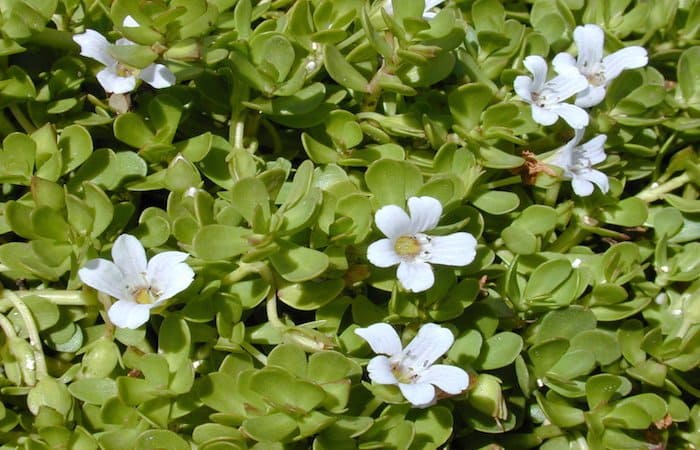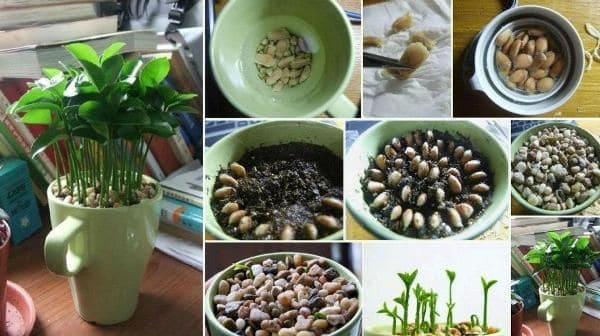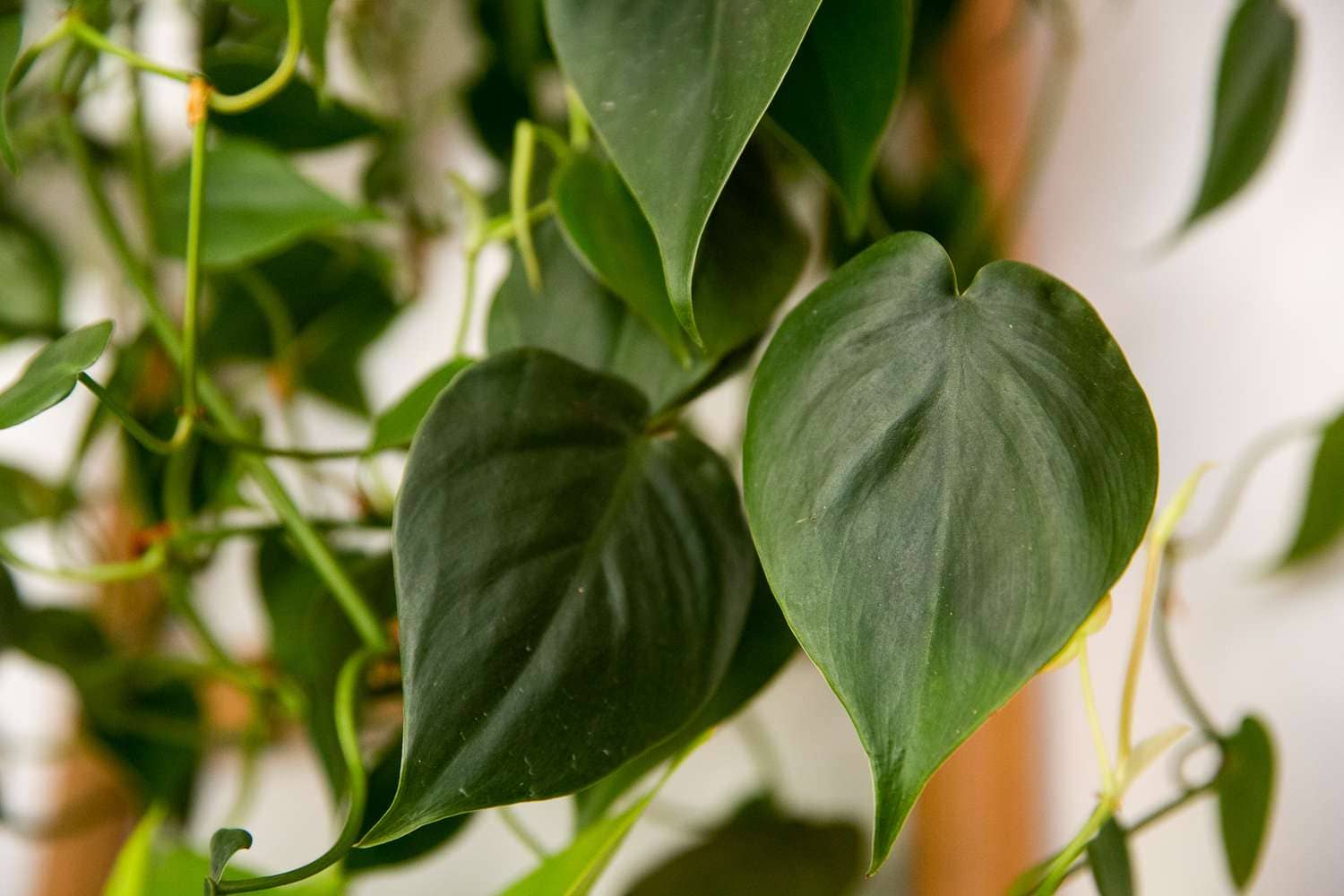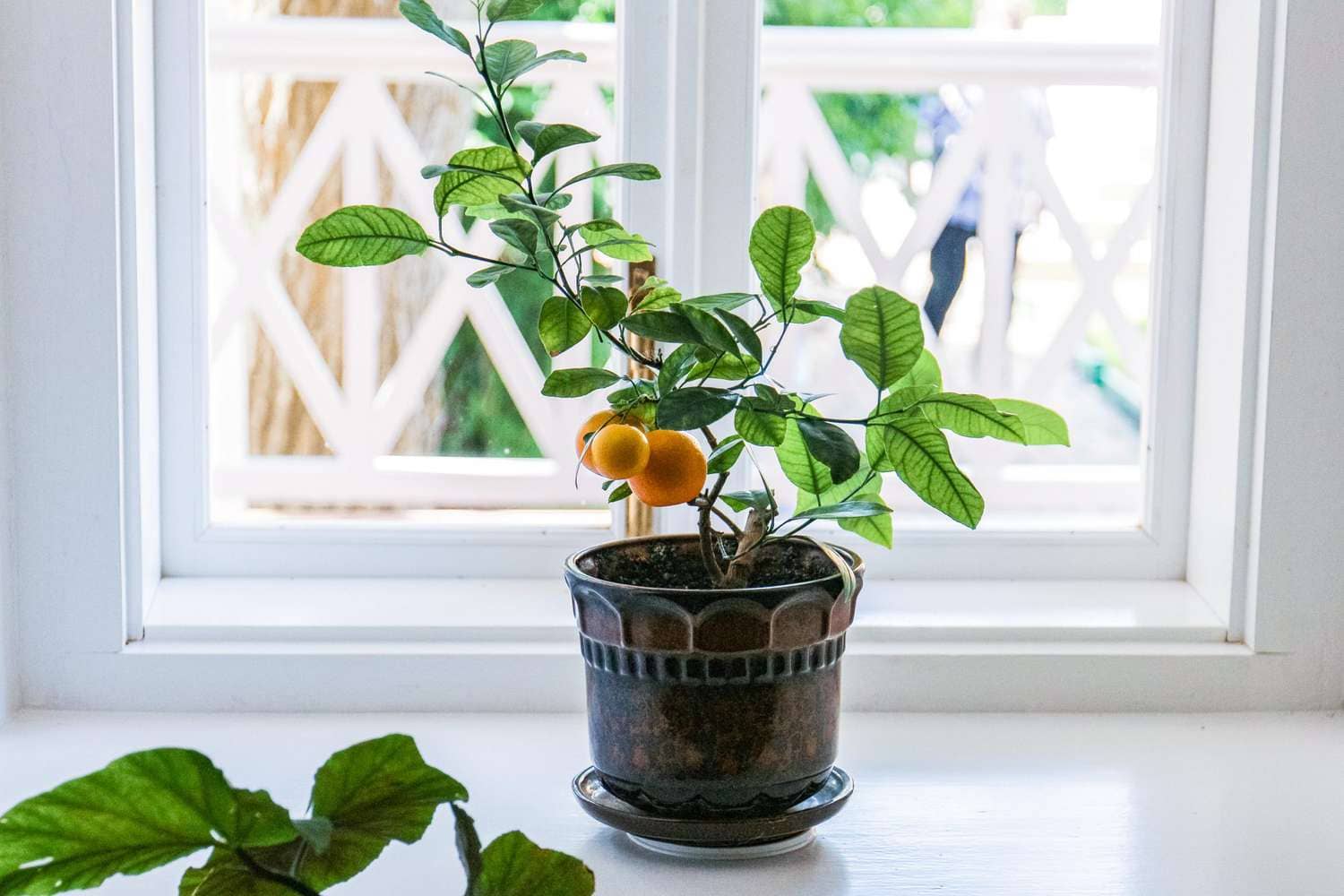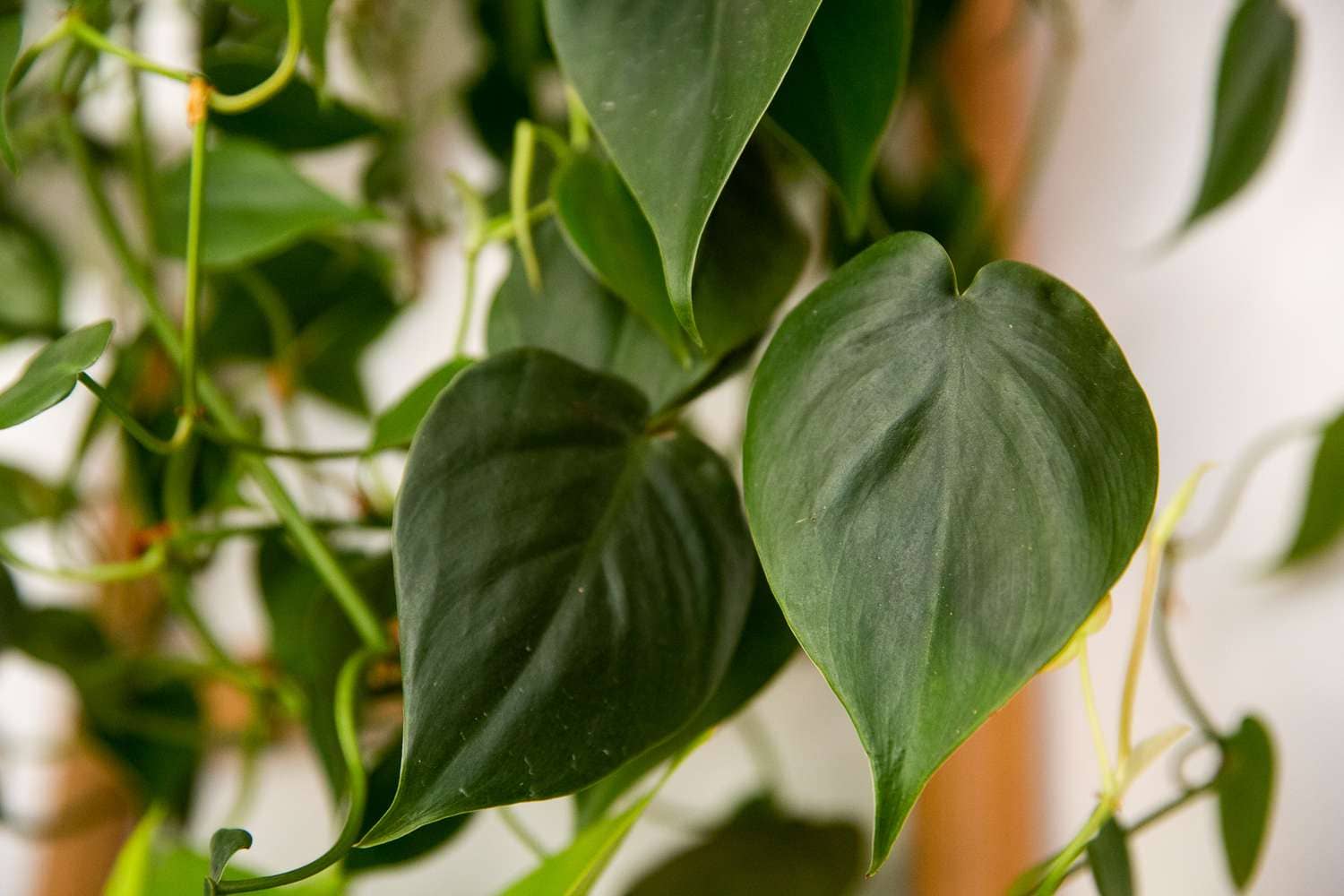Introduction
The bacopa plant, scientifically known as Bacopa monnieri, is a perennial herb native to wetlands in various parts of the world, including India, Australia, Europe, and North and South America. Also referred to as water hyssop or brahmi, this plant has a rich history of traditional use in Ayurvedic medicine for its numerous health benefits.
History of Bacopa Plant
The history of the bacopa plant traces back thousands of years, with mentions in ancient Ayurvedic texts for its medicinal properties. It has been revered for its ability to enhance cognitive function, reduce stress, and promote overall well-being.
Cultivation of Bacopa Plant
Ideal Growing Conditions
Bacopa thrives in moist, well-drained soil and partial shade, making it an ideal addition to gardens or indoor pots. It requires regular watering to maintain soil moisture levels.
Propagation Methods
The bacopa plant can be propagated from seeds or cuttings. Seeds should be sown in a seed-starting mix and kept consistently moist until germination occurs. Cuttings can be taken from established plants and rooted in water or directly in soil.
Health Benefits of Bacopa Plant
Cognitive Enhancer
Bacopa is renowned for its cognitive-enhancing properties, particularly its ability to improve memory, focus, and learning ability. It contains compounds called bacosides, which have been shown to support brain health and function.
Stress Reducer
In addition to its cognitive benefits, bacopa exhibits adaptogenic properties, helping the body adapt to stress and promote a sense of calm and relaxation. Regular consumption may help alleviate symptoms of anxiety and depression.
Anti-inflammatory Properties
Bacopa contains potent antioxidants that help combat inflammation and oxidative stress in the body. This may contribute to its potential for reducing the risk of chronic diseases and supporting overall health.
Potential for Heart Health Improvement
Some research suggests that bacopa may have cardioprotective effects, including lowering blood pressure and cholesterol levels. These properties could help reduce the risk of cardiovascular diseases when incorporated into a healthy lifestyle.
Uses of Bacopa Plant
Traditional Medicinal Uses
In traditional Ayurvedic medicine, bacopa has been used to treat various ailments, including asthma, epilepsy, and indigestion. It is often consumed in the form of teas, tinctures, or powders.
Culinary Applications
While not as common as its medicinal use, bacopa can be incorporated into culinary dishes for its nutritional value and subtle flavor. Its tender leaves can be added to salads, soups, or stir-fries for an extra dose of vitamins and minerals.
Side Effects and Precautions
Potential Adverse Reactions
While generally considered safe for most people, bacopa may cause side effects such as gastrointestinal upset, nausea, and dry mouth, especially when consumed in high doses. Individuals with certain medical conditions or those taking medications should consult with a healthcare professional before using bacopa.
Precautions for Safe Usage
It’s essential to follow dosage guidelines and start with small amounts when incorporating bacopa into your routine to minimize the risk of adverse effects. Pregnant or breastfeeding women should avoid bacopa due to limited safety data.
How to Incorporate Bacopa Plant
Consumption Methods
Bacopa can be consumed in various forms, including capsules, tablets, teas, and tinctures. Choose a high-quality supplement from a reputable source or prepare homemade remedies using dried bacopa leaves or extracts.
Dosage Guidelines
The appropriate dosage of bacopa may vary depending on factors such as age, health status, and the form of supplementation. It’s recommended to start with a low dose and gradually increase as tolerated, following product instructions or guidance from a healthcare provider.
Bacopa Plant in Popular Culture
Beyond its traditional and medicinal uses, bacopa has gained popularity in the wellness community for its potential to support cognitive function and overall well-being. It has been featured in various health blogs, podcasts, and natural health forums, sparking interest in its therapeutic properties.
Conclusion
In conclusion, the bacopa plant is a remarkable botanical with a long history of use in traditional medicine and a growing body of research supporting its health benefits. From enhancing cognitive function to reducing stress and inflammation, this versatile herb offers a wealth of potential for improving overall health and well-being. Whether consumed as a supplement or incorporated into culinary creations, bacopa is a valuable addition to any wellness routine.
FAQs about Bacopa Plant
- How often should I consume Bacopa Plant?
- It’s recommended to follow product instructions or consult with a healthcare professional for personalized dosage guidance. Typically, bacopa supplements are taken once or twice daily.
- Can Bacopa Plant interact with medications?
- Bacopa may interact with certain medications, including sedatives, thyroid hormones, and anticholinergic drugs. It’s essential to discuss any potential interactions with your healthcare provider before using bacopa.
- Pregnant or breastfeeding women should avoid bacopa due to limited safety data. It’s best to err on the side of caution and refrain from using bacopa during pregnancy or while nursing.
- How long does it take to see results from Bacopa Plant?
- The time it takes to experience the effects of bacopa can vary depending on factors such as dosage, individual metabolism, and overall health. While some people may notice improvements in cognitive function and stress levels within a few weeks of regular use, others may require more extended periods to experience noticeable benefits.
- Can I grow Bacopa Plant indoors?
- Yes, bacopa can be grown indoors with proper care and attention to its environmental needs. Choose a bright location with indirect sunlight and keep the soil consistently moist to mimic its natural habitat.
- What is the best time to harvest Bacopa Plant?
- Bacopa leaves can be harvested once the plant reaches maturity, typically after several months of growth. It’s best to harvest in the morning when the plant is at its peak freshness, before the heat of the day causes wilting. Simply snip off individual leaves or stems as needed, being careful not to overharvest and damage the plant.

